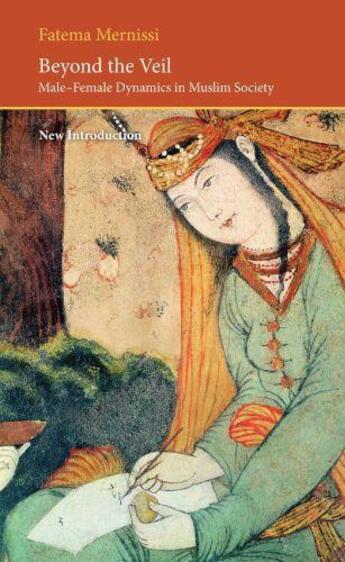-
Nombre de pages : (-)
-
Collection :
(-)
-
Genre :
(-)
-
Thème :
Non attribué
-
Prix littéraire(s) :
(-)
Résumé:
Does Islam as a religion oppress women? Is Islam against democracy? In this classic study, internationally renowned sociologist Fatema Mernissi argues that women';s oppression is not due to Islam as this religion in fact celebrates women';s power. Women';s oppression, she maintains, is due to... Voir plus
Does Islam as a religion oppress women? Is Islam against democracy? In this classic study, internationally renowned sociologist Fatema Mernissi argues that women';s oppression is not due to Islam as this religion in fact celebrates women';s power. Women';s oppression, she maintains, is due to the political manipulation of religion by powerseeking, archaic Muslim male elites. Mernissi explains in her book that early Muslim scholars portrayed women as aggressive hunters who forced men, reduced to weak hunted victims, to control women by imposing requirements such as veiling, which confined women to the private space. In her new introduction, she argues that women';s invasion of the 500-plus Arab satellite channels in the twenty-first century, as show anchors and film and video stars, supports her theory that Islam as a religion celebrates female power. 'A fascinating book'; Scotland on Sunday 'If a reader were to select only one book in order to gain insight into women';s status and prospects in Islamic society, this study should be the one chosen for its clarity, honesty, depth of knowledge and thought-provoking qualities.'; Arab Book World
Donner votre avis









